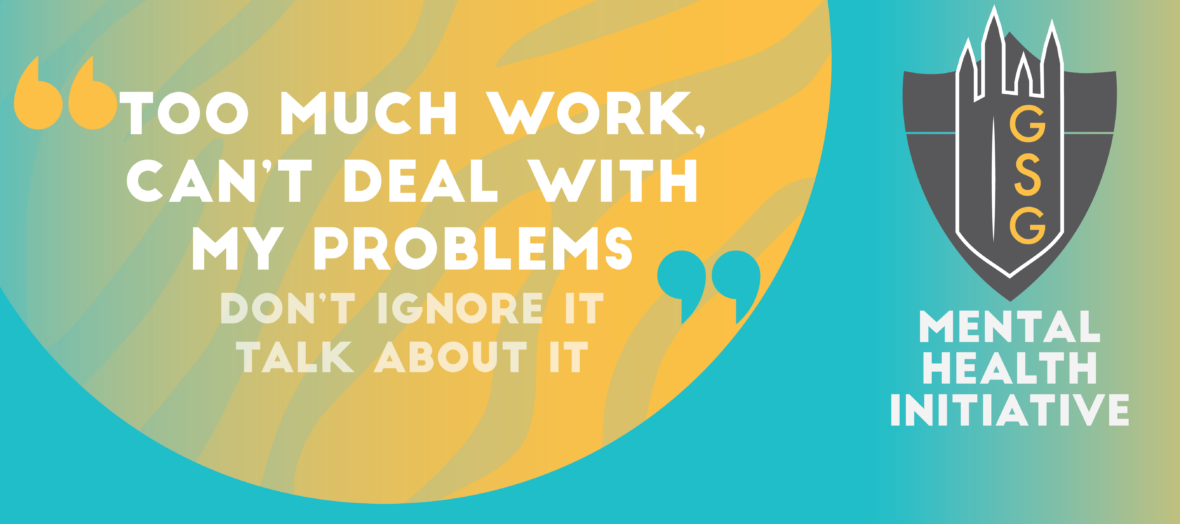We’ve reached the end of our mental health anecdotes series. We hope you found the posts helpful. Perhaps you related to some of them and/or have more awareness of the mental health challenges facing many graduate students in this time. Thanks for your engagement with this series and for making mental health a priority for yourself and for those around you. Below are a few resources that were shared anonymously with us (and have been added to the resources page):
- YouTube exercise videos: fitnessblender.com has great workout videos!
- Tele-therapy is awesome and FREE!! Now is a fantastic time to take advantage of Princeton’s excellent mental health coverage, especially for off-campus providers. Before the pandemic seeing a therapist was cheap; now it is free. Take care of yourself!
- My therapist sent me this resource, which has a lot of great ideas for calming distressing thoughts and feelings. I’ve been using these ideas to help me relax before bed. https://www.sunrisertc.com/distress-tolerance-skills/









